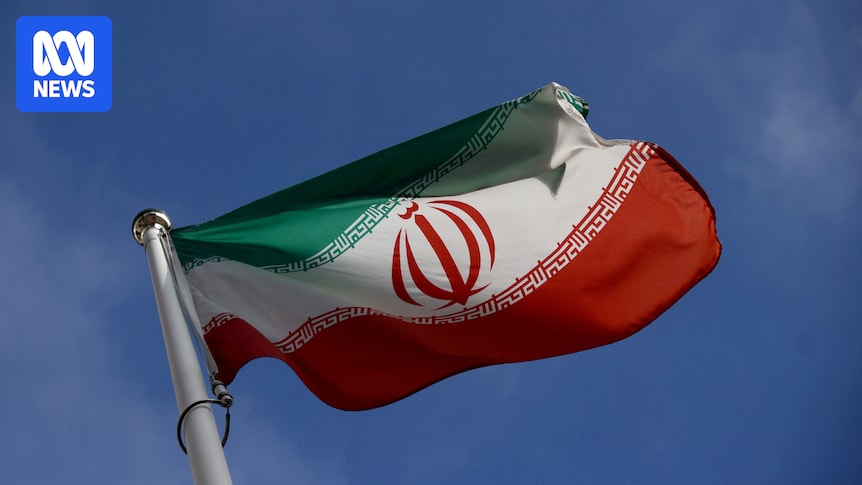
Prime Minister Anthony Albanese has taken the unprecedented step of expelling Iran’s ambassador and closing Australia’s embassy in Tehran. This dramatic move follows intelligence reports linking two antisemitic attacks in Sydney and Melbourne to Iran’s Islamic Revolutionary Guards. The diplomatic rift underscores growing tensions as Tehran faces renewed scrutiny over its controversial nuclear program, with the UK, France, and Germany signaling their intent to restore major UN sanctions.
The announcement comes as Iran’s nuclear ambitions once again take center stage on the global stage. The International Atomic Energy Agency recently reported that Iran is accelerating uranium enrichment to levels nearing weapons-grade, raising alarms among Western nations.
Nuclear Ambitions and Global Concerns
Iran’s pursuit of nuclear capabilities has long been a point of contention. The international community has suspected Tehran of edging closer to developing nuclear weapons, a prospect that could significantly alter the power dynamics in the Middle East. This concern was one of the catalysts for the conflict between Iran and Israel earlier this year, which saw US President Donald Trump authorize military strikes on Iranian facilities.
Since the 1979 revolution, Iran has been governed as an Islamic theocracy, with Ayatollah Ali Khamenei serving as Supreme Leader since 1989. The potential acquisition of nuclear weapons by Iran is seen as a direct threat to regional stability, particularly for its adversary, Israel.
The International Atomic Energy Agency stated Iran was “dramatically” accelerating enrichment of uranium to up to 60% purity, close to the 90% weapons-grade level.
Diplomatic Efforts and the JCPOA
In response to Iran’s nuclear developments, the Obama administration, along with international allies, sought a diplomatic resolution. This led to the 2015 Joint Comprehensive Plan of Action (JCPOA), an agreement that lifted severe sanctions on Iran in exchange for limitations on its nuclear program. The deal, endorsed by the UN Security Council, was intended to prevent Iran from obtaining nuclear weapons.
However, the JCPOA faces challenges as the resolution enabling the “snapback” of sanctions is set to expire on October 18. This mechanism allows for the reimposition of UN sanctions if Iran fails to comply with the agreement.
Europe’s Move to Reinstate Sanctions
This week, the UK, France, and Germany initiated the 30-day process to reimpose sanctions, citing Iran’s non-compliance with the JCPOA. This action could lead to a Security Council vote, where the reinstatement of pre-2015 sanctions appears likely.
US Secretary of State Marco Rubio described the move as a “direct response to Iran’s continuing defiance of its nuclear commitments,” urging Iran to engage in meaningful diplomatic talks.
The Security Council must now decide within 30 days whether to extend Iran’s sanctions relief, requiring a majority vote without vetoes from the US, Russia, China, Britain, or France. Such a resolution is expected to fail, leading to the automatic reimposition of sanctions.
Iran’s Diplomatic Isolation and Allies
While Iran faces increasing isolation from Western nations, it retains support from allies like Russia and China. Both countries argue that the European nations have not adhered to the JCPOA’s dispute resolution process, thus questioning their ability to trigger the snapback mechanism.
Despite their support, Russia and China cannot prevent the reimposition of sanctions but may choose not to implement them. They also hold the power to veto any Security Council actions against them for non-compliance.
As Iran navigates these complex diplomatic waters, it finds itself increasingly isolated. However, its alliances with Russia and China offer some respite, highlighting the intricate global dynamics at play.
The move represents a significant diplomatic setback for Iran, potentially exacerbating tensions in an already volatile region. The coming weeks will be crucial as the international community awaits the Security Council’s decision and Iran’s response to these escalating pressures.






